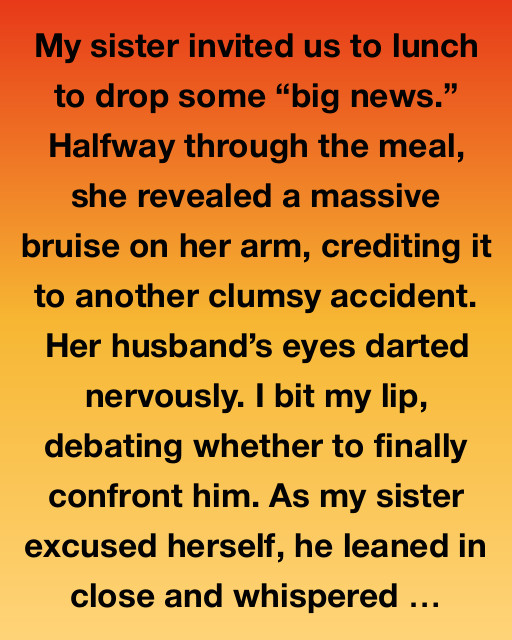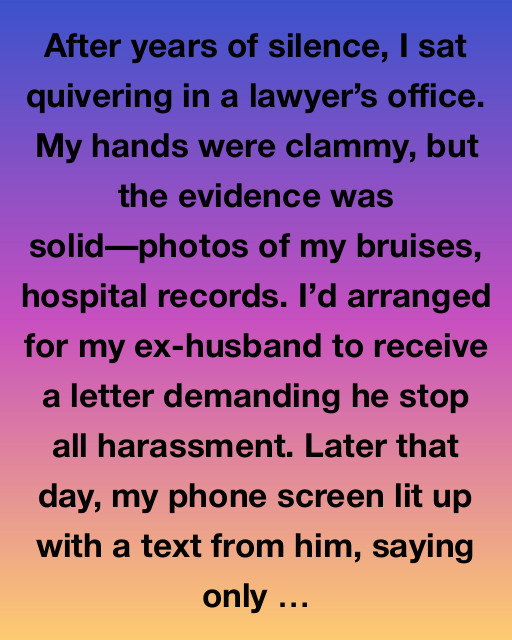In the dazzling universe of pop stars, where the stage lights illuminate dreams and adoring fans chant their idol’s name, Taylor Swift has always appeared unstoppable. Yet, on a warm August day, the music abruptly ceased, and an unsettling fear quietly entered her world.
Taylor Swift described it as “a new sense of fear,” each word carrying the gravity of what could have been a tragic outcome. Three eagerly anticipated concerts in Vienna, Austria—suddenly cancelled.

These cancellations weren’t due to vocal strain or logistical hiccups but stemmed from a thwarted terrorist threat, which shook the very foundation of Swift’s shimmering career.

In her own words, “We were grieving concerts and not lives.” Her immense relief was evident, even through the impersonal screen of social media.
The circumstances behind this unnerving event are disturbing: three teenagers and explosives, with a 19-year-old ISIS sympathizer, who had been radicalized via the hidden recesses of the internet. It’s a tale as ancient as humanity, yet it holds new and frightening aspects in our highly connected digital era.
However, amidst this menacing reality, Swift discovered a beacon of hope. She shared sentiments of “love and unity” among her followers, highlighting a flicker of positivity in the overwhelming darkness. When she arrived in London for her shows at Wembley Stadium, she did so with a renewed sense of mission and collaboration. She worked closely with arena staff and British security forces, all to ensure the safety and dreams of nearly half a million fans.
At this critical juncture, Taylor Swift transcends her role as just another pop star. She stands as a figure embodying resilience, a voice echoing through a generation that stands firm against succumbing to fear. As her music continues to play, it carries with it a new theme—a harmony of defiance, community, and unyielding strength.



